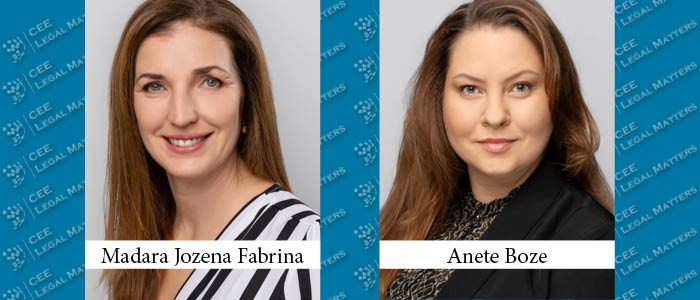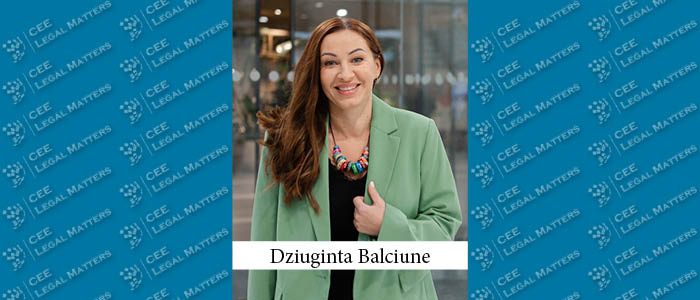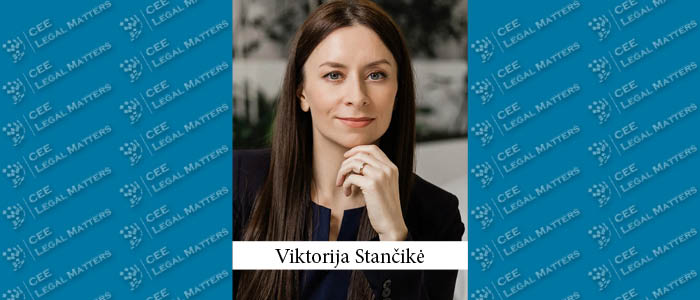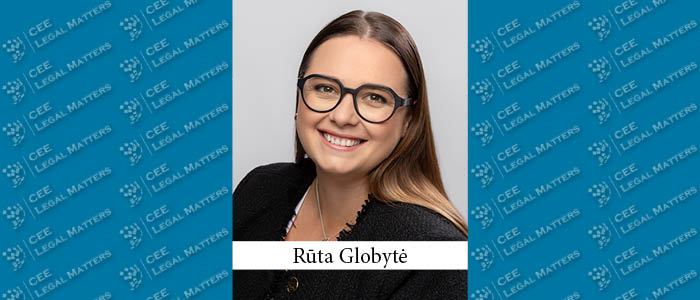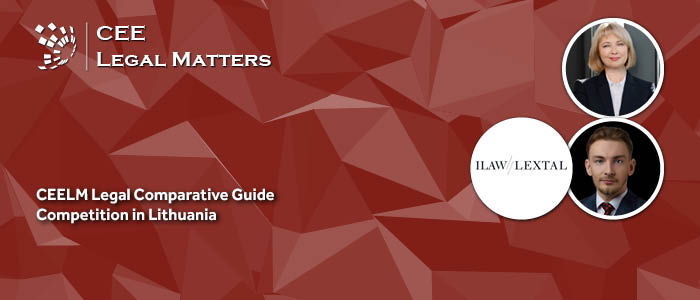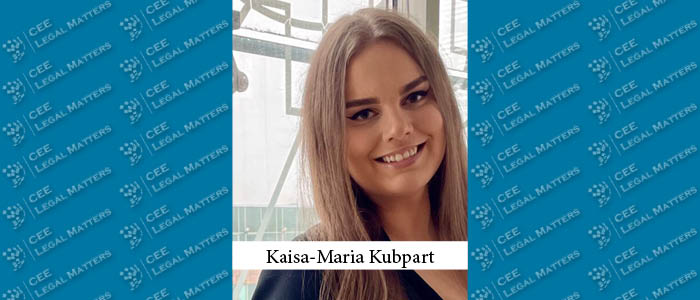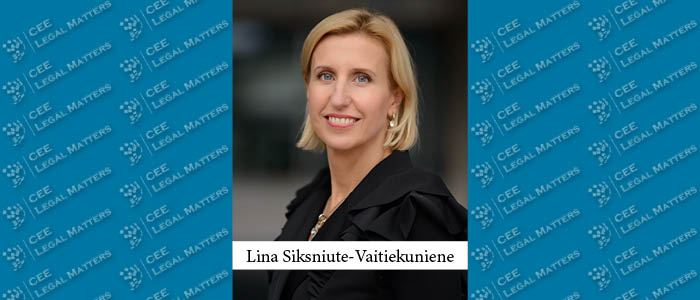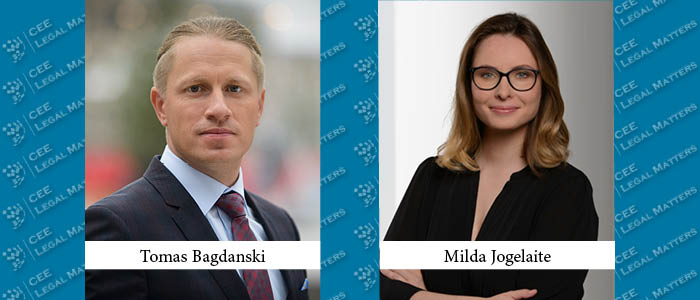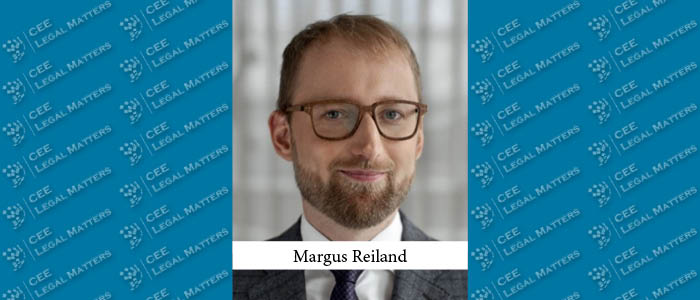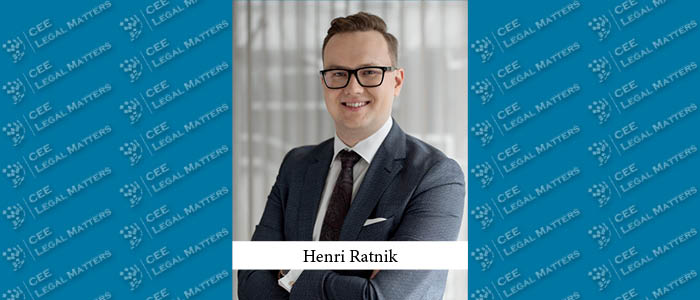When importing goods from third countries into the European Union (EU), you must adhere to EU and national laws regarding importing, declaring, and applying customs duties (such as import duty, value-added tax, and excise duty on certain products).
The Corner Office: Onboarding Clients
In The Corner Office, we ask Managing Partners at law firms across Central and Eastern Europe about their backgrounds, strategies, and responsibilities. With managing firm clients being a critical aspect of firms’ operations, we asked: What are the three most important elements when onboarding a new client?
Lithuania: Capital Market of the Baltic States and the Trends – A Q1 Outlook
The Baltic region, comprising Lithuania, Latvia, and Estonia, boasts an emerging public capital market facilitated by the unified securities trading platform – the Nasdaq Baltic Stock Exchange.
How Can Legal Design Make Private Policies More Effective?
Articles 13 and 14, along with other provisions of the EU General Data Protection Regulation (the GDPR), require businesses to provide individuals with comprehensive information about the processing of their personal data.
New EU Directive: Better Working Conditions for Bolt and Wolt Couriers
On April 24, 2024, the European Parliament adopted a resolution for a directive aimed at improving working conditions on platforms. This is a significant step towards addressing the needs of platform workers, such as 'Bolt' and 'Wolt' couriers, throughout the European Union.
Lextal Law Firms Rebrand Under New Shared Name: Widen
Estonian law firm Lextal, Latvian law firm RER Lextal, and Lithuanian law firm ILAW Lextal have unveiled their new name and identity: Widen, "a Baltic law firm that sees itself as the Legal Jazz Company."
Competition Laws and Regulations in Lithuania
Contributed by Ilaw Lextal.
Mindaugas Vaiciunas Joins Ilaw Lextal
Family law specialist Mindaugas Vaiciunas has joined Ilaw Lextal as an Associate Partner.
Lextal Advises Dasos Capital on Forest Portfolio Sale
Lextal, working alongside Finnish Dittmar & Indrenius, has advised Dasos Capital on its sale of a forest asset portfolio to Ingka Investments.
Finnish Court’s Resolution Stating that Wolt Couriers Are Entrepreneurs is Getting Positive Attention in Estonia as Well
Finnish Hameenlinna Administrative Court made a historic resolution on 22.02.2024, in which it found that Wolt couriers are entrepreneurs, not employees. The question of whether platform employees are independent entrepreneurs or salaried employees is also relevant in Estonia. If and how can the resolution of the Finnish court affect how the activities of couriers would be qualified according to Estonian law?
Lithuania Staying Ahead of the Curve: A Buzz Interview with Lina Siksniute-Vaitiekuniene of Ilaw Lextal
Lithuania is looking at a hectic year, with three scheduled elections: presidential, parliamentary, and EU parliamentary, according to Ilaw Lextal Partner Lina Siksniute-Vaitiekuniene, while also celebrating the 20-year Anniversary of its entry into the EU and NATO.
The Corner Office: Budget, Budget, Budget
In The Corner Office, we ask Managing Partners at law firms across Central and Eastern Europe about their backgrounds, strategies, and responsibilities. With 2023 marching to an end, we looked ahead and asked about strategies for next year: As the budgeting period is around the corner, compared to 2023, what are the main budgeting lines you expect to increase for 2024 and why?
Lextal Advises Ready Player Me on Partnership Agreements with Warner, Universal, Angry Birds, McLaren Racing, and The Voice
Lextal has advised Estonian metaverse avatar platform company Ready Player Me on signing partnership agreements with the Warner Music Group, the Universal Music Group's Bravado, Rovio’s Angry Birds, McLaren Racing, and the operator of ITV’s The Voice, among others, allowing users to buy new virtual items for their avatars.
Lithuania: Flexibility and Nuances in the Labor Code
In today’s fast-evolving world, countries are continuously revising their labor laws to achieve the right balance between the needs of the workforce and the demands of the corporate sector. The Republic of Lithuania stands out in this regard, as its Labor Code seeks to provide flexibility in labor relations, all the while ensuring the rights of its employees are not undermined. A close examination of the Labor Code, local documentation practices, and the progressive legal shifts toward Western norms paints a comprehensive picture of the nation’s approach to employment dynamics.
Kinstellar Advises Jacquet Metals on Acquisition of Several Companies from Swiss Steel Group
Kinstellar, working with Veil Jourde, has advised Jacquet Metals on its acquisition of several distribution companies from the Swiss Steel Group. Niederer Kraft Frey and Roedl & Partner reportedly advised the Swiss Steel Group.
Changes in Value-Added Tax (VAT) and When Can the 20% Rate Continue to be Applied?
From January 1, 2024, the general VAT rate will increase from 20 percent to 22 percent.
Marketing Emails with Consent or Without Consent – Legitimate or Unlawful Sales Tactics?
Sending marketing emails is an excellent way to increase sales. Those who don’t make sales don’t do business. However, a question arises as to whether this complies with strict data protection rules. It is known that the Data Protection Inspectorate is increasingly vigilant and imposes hefty fines for violations.
Real Estate Insurance – Five Overlooked Nuances
Most people clearly understand the need for insurance when renting or owning real estate. However, a common problem is knowing what to consider when insuring and what to look for or remember regarding insurance policy conditions when it has been signed and damage occurs. I’ll highlight five essential nuances often overlooked by companies and individuals when insuring their rented or personal real estate, drawing from my more than 25 years of experience in insurance law.

